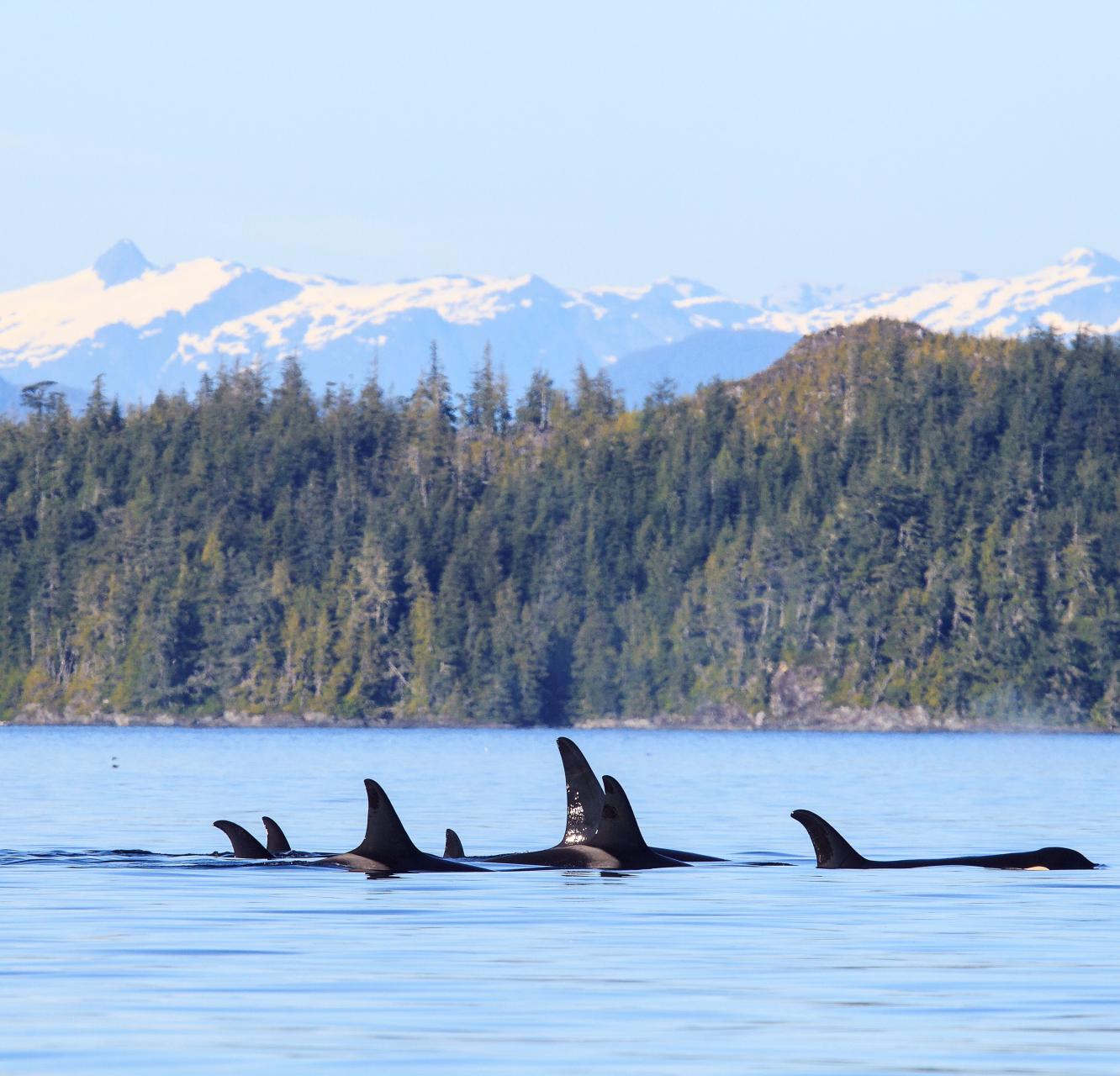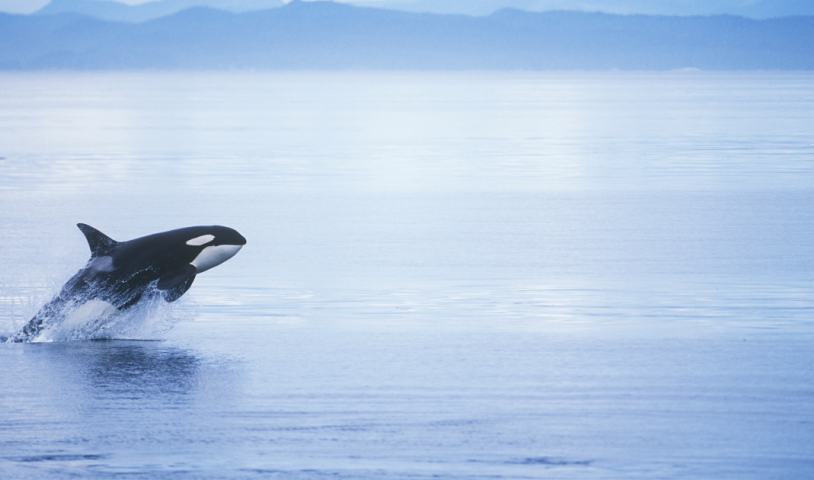If you love killer whales…
Tuesday, February 14, 2012
Today’s the day to spread the love, so it is with great pleasure that I write to share the good news about a wild creature that is near and dear to all of our hearts.
Last week, we took another important step forward in the long effort to safeguard killer whales, one of our Pacific coast’s iconic species. I am writing to let you know what this latest court victory means, and to thank you – without supporters like you victories like this would not be possible!
The federal Court of Appeal has upheld a precedent-setting ruling that confirmed the federal government is legally bound to protect killer whale habitat. This means that essentially all of the original ruling, which found that the Department of Fisheries and Oceans (DFO) had failed to legally protect killer whale critical habitat, has been upheld.
The Wilderness Committee has been part of a coalition of nine environmental groups, represented by Ecojustice, who successfully argued in Federal Court last year that DFO had not met its legal obligation to protect killer whales. The court ruled that the Minister of Fisheries and Oceans must legally protect all aspects of killer whale critical habitat — including their food supply and the quality of their marine environment.
DFO appealed one key aspect of that decision, claiming that discretionary provisions in the Fisheries Act adequately protect the critical habitat of aquatic species such as the killer whale. The Fisheries Act, however, does not make critical habitat protection mandatory, as is the case under the Species at Risk Act. Instead, the Fisheries Act gives Minister Keith Ashfield broad discretion to authorize activities that destroy habitat.
Last week, the DFO appeal was defeated. And that’s great news for the two distinct populations of killer whales that traverse British Columbia’s coastal waters, the northern and southern residents. At last count there were 264 threatened northern residents and just 87 endangered southern residents.
Killer whales are considered a “sentinel species,” which means their health is a bellwether for the overall health of the ocean environment in which they live. The victory was precedent-setting for the more than 90 endangered and threatened aquatic species listed under the Species at Risk Act, all of which depend on healthy habitats to survive.
Court battles like the one we have been involved in to protect killer whale habitat are long and costly, and there is still a possibility that this case will be appealed to the Supreme Court of Canada. If you love killer whales, and want to contribute to our ongoing work to protect all species at risk, please consider making a contribution at this time.
Today’s a good day to show your love for killer whales and all endangered species.
Gwen Barlee | Policy Director
Wilderness Committee





